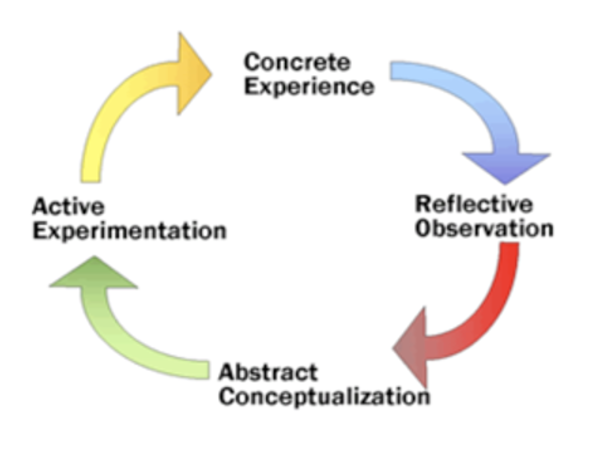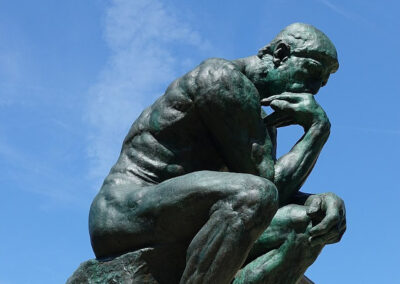The model draws on the importance of using everyday experiences and educational research. It is not simply enough to reflect. This reflection must drive a change which is rooted in educational research. The aim is to take the learning into new experiences, completing the cycle.
Educators need to form an understanding of what helps students’ learning and what hinders it. There follows the formation of abstract concepts. The practitioner needs to make sense of what has happened. Links should be made between what they have done, what they already know and what they need to learn. The practitioner should draw on ideas from research and textbooks to help support development and understanding. They could also draw on support from other colleagues and their previous knowledge. Practitioners should modify their ideas or devise new approaches, based on what they have learnt from their observations and wider research. The practitioner considers how they are going to put what they have learnt into practice. The practitioner’s abstract concepts are made concrete as they use these to test ideas in future situations, resulting in new experiences. The ideas from the observations and conceptualisations are made into active experimentation as they are implemented into future teaching.







